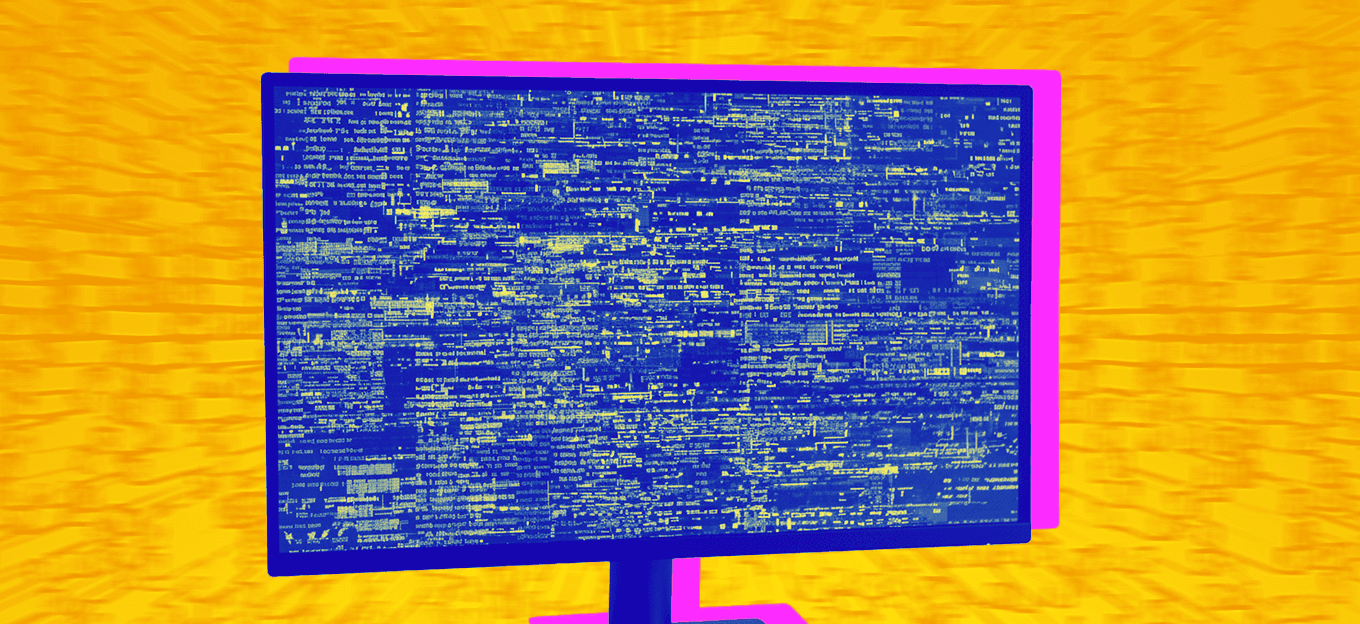Fiction is Power: Connecting IoT and Blockchain to Supercharge Progress
Fiction is Power: Connecting IoT and Blockchain to Supercharge Progress
- Last Updated: December 2, 2024
IoTeX
- Last Updated: December 2, 2024



Noah Yuval Harari’s international bestseller Sapiens unpacks the many fictions—from nations to corporations—responsible for human progress. In Harari’s meaning, fiction is another word for the corporations, nation-states, and political parties (among many others) that exist only in our collective imagination, yet whose effects are profoundly accurate.
Fiction’s meaning here is orthogonal to its usual definition: “not real.” Fiction refers to a human invention that is not a self-evident fact about the world. For example, neither the fact that the earth has 2.1 trillion barrels of untapped oil or the existence of platypuses are fictions. On the other hand, the institution of “marriage” is very clearly fiction.
Physical fiction plus blockchain unlocks a whole new avenue of human progress.
In the late 18th century, the fiction de jour was the United States, a radical political structure that emerged out of the writings of philosophers like John Locke and Thomas Hobbes. The latest fictions are based on financial and digital innovations, not books. Equity, debt, and derivatives are examples of economic fiction; the world-wide-web is digital fiction. These fictions may feel more real than “The United States of America” because you send messages over the internet and use your equity returns to buy a car. Still, both are utterly dependent on humanity’s sustained imagination for their survival.
Digital Fictions
Like political fictions, financial and digital fictions are enormously useful. Equity and debt allow a business to sell their future profit to take innovative risks today. Without financial fictions, venture capital and Wall Street would vanish, and technology would sink into a bog of stagnation.
Derivatives are fictions built on fictions. They (roughly speaking) derive value from the movements in underlying prices (i.e., fictions). But a derivative gives its holder certainty in an uncertain world. A farmer holding a wheat future knows the price he will sell his crop at following the harvest. But financial fictions, while phenomenal, are also tightly constrained relative to their truly unbounded potential. The most potent economic fictions are either gated by Wall Street guardians, hemmed in by regulators, or rendered unusable by their complexity.
The value of digital fictions is evident the moment you open your laptop. And, like flint and steel, sparks fly when digital fictions collide with financial ones. Financial fictions were speck-like prior to the digital age. Digital and financial fictions combined to increase the size of the capital markets by more than one hundredfold in real terms during the twentieth century. The speed of trading, more efficient markets, securitization and internationalization all led to the rapid proliferation of financial fictions.
But too much fiction, without any reality, can lead to catastrophic outcomes. The 2008 financial crisis featured financial fictions run amok. Simple mortgage agreements were securitized (packaged together to reduce the risk of any single mortgage). Then, the mortgages were securitized repeatedly until the mortgage itself was just a speck buried under a mountain. Economists refer to these complex agreements as full of “information asymmetries,” where the actual risk of the deal is only visible to one party.
In short, fictions, while enormously influential, are not inherently good. They need a baseline level of transparency and accountability to become utilitarian. Just like how political fictions break down when corruption takes over, financial and even digital fictions are subject to corruption.
Blockchain Compounds IoT Data Value
But blockchain—born in late 2008 amidst the settling dust of a collapsed financial system—anchors fictions—both financial and digital—to a foundation of trust. With Bitcoin, we enjoy the foundational financial fiction—money—without worrying about manipulation by private or public actors.
Bitcoin dismantled both information and trust asymmetries in money. Ethereum extended Bitcoin’s utility beyond money using smart contracts, capable of securely running all manner of financial fiction.
New forms of financial instruments have been deployed for the first time at scale using the Ethereum blockchain, such as Uniswap’s automated market making and flash loans in DeFi.
At its best, the decentralized finance boom on Ethereum is a corruption-proof playground for financial fiction. However, many failures to architect have resulted in hacks and exit scams. Still, DeFi now has $15 billion in assets, up 2,200% from a year ago.
But there’s an additional fiction that introduces a new paradigm in human innovation: the Internet of Things. The Internet of Things is a web of internet-connected sensors attached to physical objects—from cars to carabiners—that digitize and equip physical objects with the power of fiction. This is counter-intuitive; how can we fictionalize something physical, something that is real? We can think of at least two ways: Creating a digital twin of a physical object. Imagine an autonomous car has a digital representation that can be transferred seamlessly, granting the owner the ability to rent it out or use it for automated delivery.
The second is the data stream that comes off that physical object, including all the location data, traffic data, and atmospheric data that the car picks up while it's out and about. That data has value for city planners to improve road networks or Google maps to provide their users in-time traffic updates.
This new physical fiction in the IoT, unlike digital fiction, has yet to compound its value with financial fiction. But blockchain changes that. With blockchain, the digital twins can be used as leverage in a financial contract or transferred seamlessly without moving the object itself. You can also use the data stream as an input to a blockchain smart contract and build derivatives out of that: from the amount that Americans drive to the level of heat usage in homes.
For the first time, IoT becomes an input to new financial fictions free from manipulation by their connection with an untrustworthy blockchain. From data marketplaces to derivatives, a manufacturing company sells fractional shares of their equipment to raise capital to reinvest in their business. Physical fiction plus blockchain unlocks a whole new avenue of human progress.
The Most Comprehensive IoT Newsletter for Enterprises
Showcasing the highest-quality content, resources, news, and insights from the world of the Internet of Things. Subscribe to remain informed and up-to-date.
New Podcast Episode

IoT in 2026: Trends and Predictions
Related Articles


